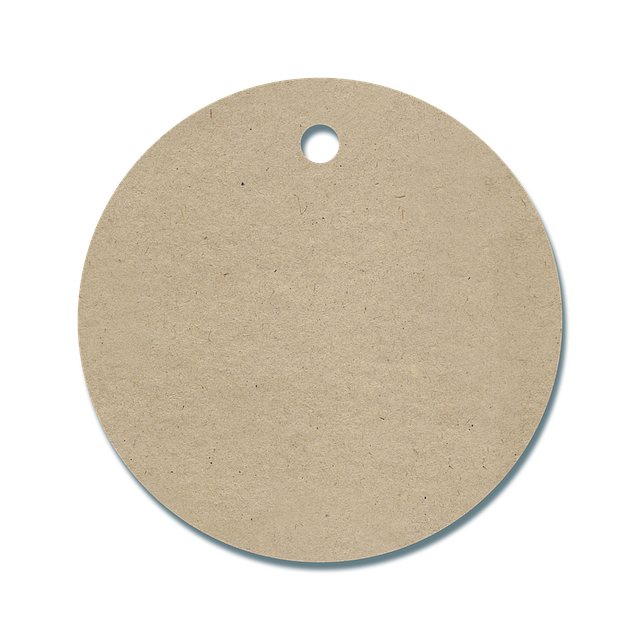Skin tags, or acrochordons, are benign growths appearing in areas of friction, with variations like acral and perianal tags. Home remedies and DIY methods offer accessible Tag Removal Leeds options, but professional help from a dermatologist is advised for persistent or uncomfortable tags. Post-removal care includes cleanliness, hydration, and diet to prevent regrowth. Regular skin checks and expert advice from a Tag Removal Leeds specialist enhance overall skin health.
Skin tags, those small, soft skin growths, are common yet often bothersome. This guide explores comprehensive solutions for at-home skin tag removal in Leeds. Learn about various types and causes to better understand this benign condition. Discover effective home remedies and DIY techniques for safe removal. We also provide insights on when professional help is necessary and post-removal care tips to prevent future tags. Find out how to achieve smoother, tag-free skin with expert advice tailored for Leeds residents.
- Understanding Skin Tags: Causes and Types
- Home Remedies for Safe and Effective Tag Removal
- DIY Skin Tag Removal Tools and Techniques
- When to Seek Professional Help in Leeds
- Post-Removal Care: Tips for Preventing Future Tags
Understanding Skin Tags: Causes and Types
Skin tags, also known as acrochordons, are small, soft skin growths that typically appear in areas where skin rubs against itself, such as the neck, armpits, and groin. They can vary in size, from a few millimetres to over a centimetre, and often resemble small pieces of hanging skin or tags. While they are generally harmless, many people choose to remove them for aesthetic reasons or due to discomfort.
There are several types of skin tags, with the most common being acral and perianal tags. Acral tags can occur anywhere on the body but are most prevalent in areas like the hands and feet, while perianal tags are found around the anus and genital area. Understanding the causes and types is essential when considering Tag Removal Leeds, as different methods may be more suitable for specific skin tag varieties.
Home Remedies for Safe and Effective Tag Removal
When it comes to Tag Removal Leeds, home remedies offer a safe and effective alternative to professional treatments. Some natural solutions include applying apple cider vinegar, which has antibacterial properties and can help shrink tags gradually. Alternatively, using duct tape is another popular method; securing a small piece of duct tape on the skin tag for several days can cause it to fall off eventually.
These at-home remedies are easily accessible and cost-effective. However, it’s essential to be patient as results may take time. Additionally, maintaining good hygiene and cleanliness while using these methods is crucial to prevent potential infections. If tags persist or cause discomfort, seeking professional advice from a dermatologist in Leeds remains the best course of action.
DIY Skin Tag Removal Tools and Techniques
When considering Tag Removal Leeds, DIY methods offer a cost-effective and convenient solution for those with skin tags. Common tools include tweezers, which are effective for small, loose tags. Fine-tipped scissors can also be used to cut off larger tags, ensuring a clean and precise removal.
Additionally, certain home remedies like applying apple cider vinegar or salicylic acid can help soften the skin tags over time, making them easier to remove. These natural approaches require patience and consistency but can be gentle on the skin compared to some commercial products.
When to Seek Professional Help in Leeds
While many people opt for DIY methods or home remedies for skin tag removal, there are instances where it’s best to leave this task to the professionals. If your skin tags are causing discomfort, bleeding, or if you have a large number of tags, it might be time to consider Tag Removal Leeds. A dermatologist in Leeds can provide expert advice and safe, effective treatments tailored to your specific needs. They have access to advanced techniques such as cryotherapy, laser removal, or surgical excision, ensuring precise and efficient results.
Professional help is especially crucial for persistent or recurring skin tags. Skin tags often develop due to friction or as a result of hormonal changes, and they can be stubborn. A dermatologist in Leeds will not only remove the visible tags but also address the underlying causes, preventing regrowth. This is particularly important as unchecked growth could lead to irritation, discomfort, or even potential health risks.
Post-Removal Care: Tips for Preventing Future Tags
After successfully removing skin tags at home, proper post-removal care is essential to prevent future growths and ensure your skin remains healthy. The first step is to keep the treated area clean and dry; gently wash with a mild soap and water, then pat dry, avoiding any harsh rubbing that could irritate the skin. Applying a thin layer of over-the-counter antibiotic ointment or cream can help reduce the risk of infection and promote healing.
To prevent new tag formation, it’s crucial to maintain good skin hygiene and avoid direct sun exposure without protection. Regularly checking your skin for any unusual growths is essential, as early detection can lead to easier removal. Additionally, staying hydrated and maintaining a balanced diet can contribute to overall skin health, making it less susceptible to developing tags. Remember, if you reside in Tag Removal Leeds or nearby areas and prefer professional advice, consulting a dermatologist is always an option for guidance tailored to your specific needs.
Skin tags can be an unsightly concern, but with the right knowledge and home remedies, removal is achievable. This article has guided you through understanding skin tags, their causes, and various safe removal methods. From natural home remedies to DIY tools, you now have the tools to tackle these small growths. Remember, if tags cause discomfort or persistent issues, seeking professional help for Tag Removal Leeds is always an option. With proper post-removal care, you can minimize future occurrences and maintain smooth, tag-free skin.
